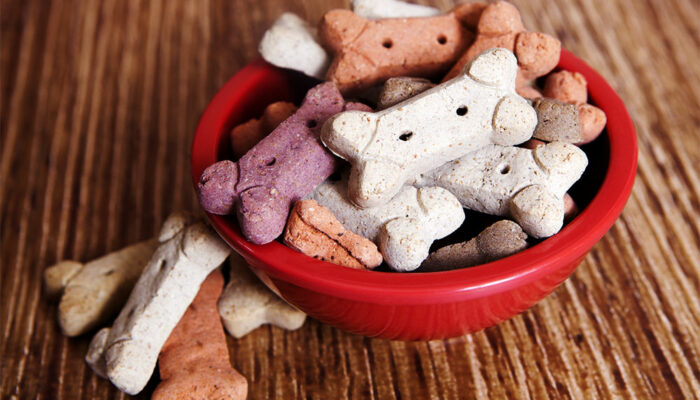
The Worst Foods for Breathing Problems
The lungs are the main respiratory organs in the human body. However, they can be prone to allergies and viruses, which can be inhaled through your nasal passage. Some people may also have breathing conditions such as chronic sinusitis, asthma, or COPD (which is an umbrella term for inflammatory lung conditions such as chronic bronchitis or emphysema).
Certain triggers such as weather, air quality, physical exertion, and even certain foods can trigger a chest congestion, wheezing, and even nasal congestion, worsening breathing issues. Below are some common foods that may trigger breathing problems:.
1. Cold cuts
This type of meal can be served hot or cold in vacuum packs. Nitrates have to be added to them for preservation purposes. Added nitrates increase the risk of COPD (chronic obstructive pulmonary disease), which develops over time for many years, causing difficulties in breathing.
2. Acidic food and drinks
Once in a while, each of us has experienced heartburn. Frequent heartburn is a sign of acid reflux disease, and this affects people with lung disease by increasing their symptoms due to the intake of acidic foods and drinks. Some of the food and drinks are: coffee, citrus, spicy foods, and fruit juice.
3. Excessive salt
Everyone enjoys a good tasty meal. Salt doesn’t affect people equally, but it is important to have moderate amounts in our diet. An excessive intake of too much salt makes the body hold on to water to dilute it. Extra water increases blood volume making the heart work extra hard to push more liquid through the blood vessels, putting more force on them. This can raise blood pressure and damage the blood vessels making them stiff increasing the risk of stroke, or heart failure. Making our meals can give us total control of how much salt is in our diet.
4. Carbonated beverages
These beverages are full of sugar, lots of carbonation, and empty calories. They trigger weight gain and bloating. Since the gas and bloating is increased, this puts more pressure on our lungs, causing breathing difficulties. Examples of carbonated soda are: sodas, beer, sparkling cider. They also contribute to dehydration. It is best to take water when feeling thirsty.
5. Dairy products
Milk is full of nutrition and calcium. It contains casomorphin, which increases mucus in the intestines. When one has lung disease, during an attack, one may experience an increase of mucus, causing breathing difficulties.



